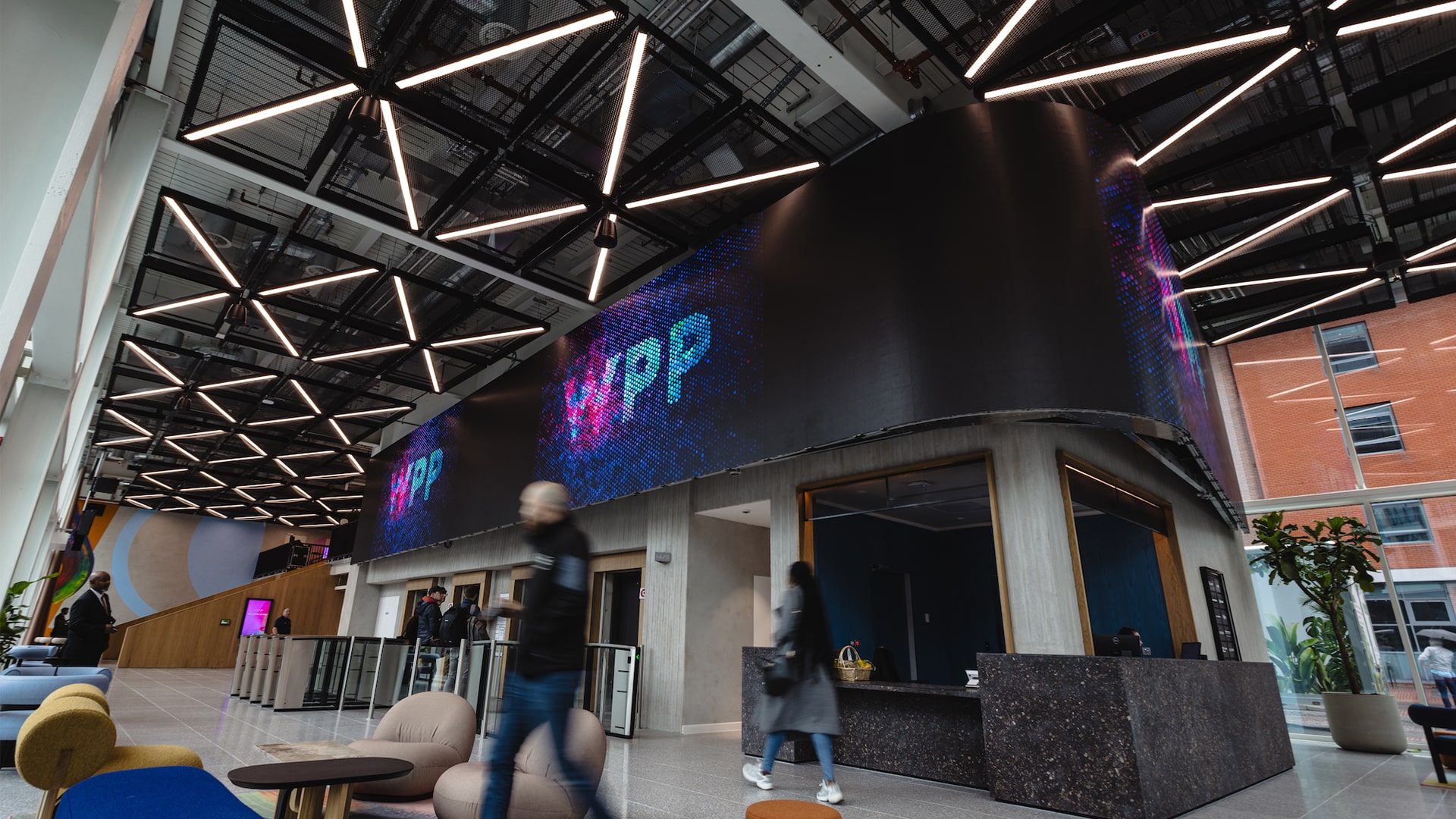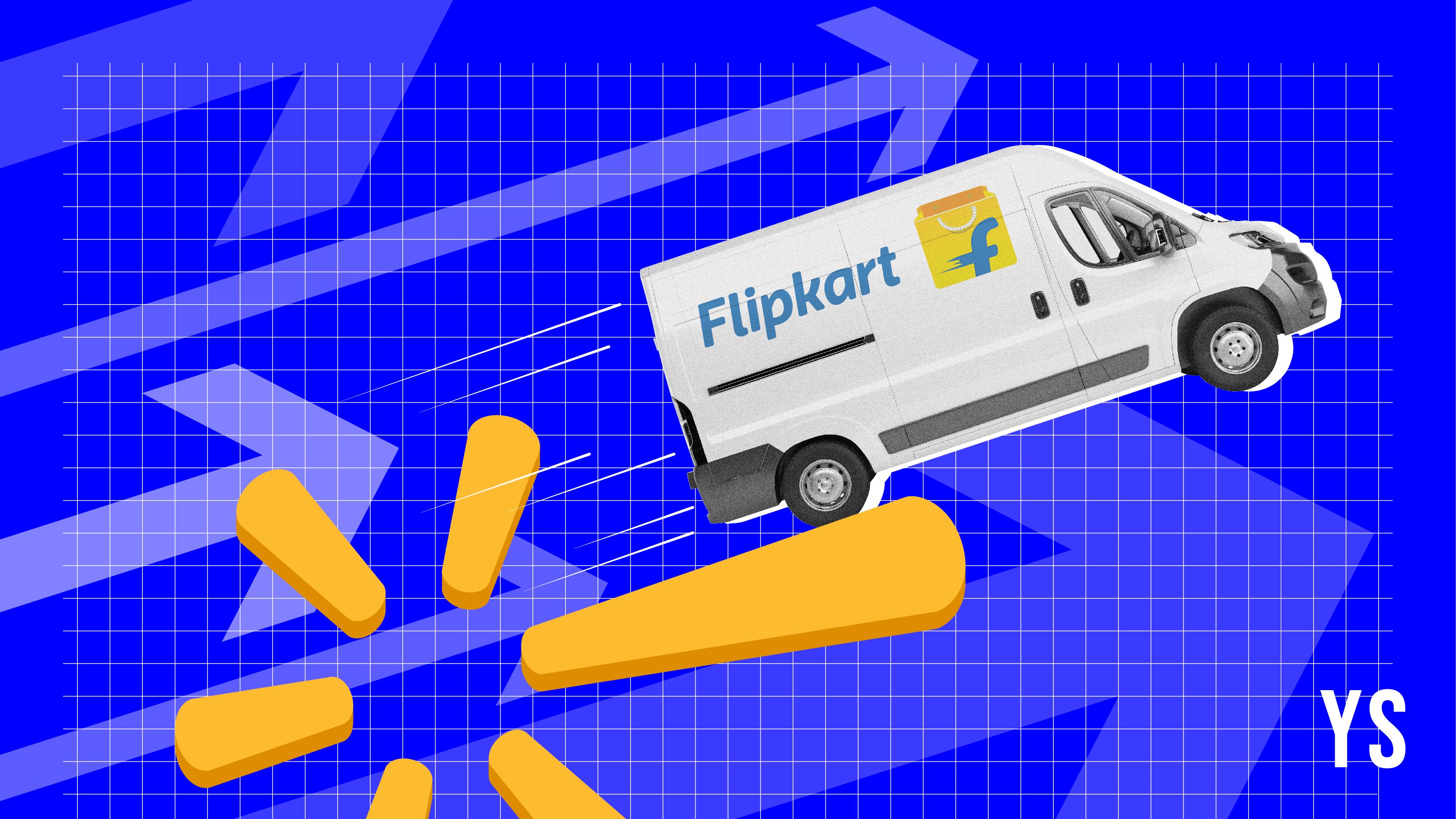India’s Next Innovation Engine: Why GCCs must partner with enterprise-grade startups
While startups need customers, feedback loops, resources, and go-to-market partnerships, GCCs need agility, fresh thinking, and speed. This creates a mutually beneficial fit—but only if supported by structure, leadership commitment, and incentive mechanisms.


Majority of the GCCs in India are now focused on R&D, innovation, and next-gen product development. The evolution has moved from cost savings to cloud engineering and now to transform business processes through innovation. For instance, Best Buy is tackling counterfeit product issues through data-led solutions developed from its India GCC.
At the same time, India is the third-largest startup ecosystem globally, with over 110 unicorns and thousands of startups creating enterprise-grade products. However, GCCs and startups often operate in silos. To unlock India’s full potential, we need intentional and strategic collaboration between these two engines of innovation.
Why GCCs and startups must work together
GCCs in India are managing over 6,500 global roles and significant tech budgets. They are building global platforms, AI centers of excellence, and co-developing products. Yet, innovation remains hard within large organisations due to their complexity. Startups, in contrast, are nimble and focused but lack enterprise access and scale.
Startups need customers, feedback loops, resources, and go-to-market partnerships. GCCs need agility, fresh thinking, and speed. This creates a mutually beneficial fit—but only if supported by structure, leadership commitment, and incentive mechanisms.
Benefits for GCCs: From efficiency to strategic edge
GCCs gain multiple advantages from working with startups. First, they accelerate innovation. Bosch’s DNA Nxt program, for example, has collaborated with over 90 startups, creating more than 10 joint go-to-market models in areas like mobility and AI.
Second, GCCs gain early access to future-ready tools. Instead of waiting on global vendor pipelines, they can pilot innovations such as AI copilots or data FinOps platforms (like Chaos Genius), gaining competitive advantage.
Third, such partnerships improve R&D efficiency. Novo Nordisk, by engaging Indian AI startups, reduced document processing time dramatically—from 40 hours to 40 minutes.
Lastly, GCCs benefit from exposure to new ways of building and thinking. Engaging with startup founders, product leaders, and data scientists can shift internal mindsets and elevate innovation culture.
Benefits for Startups: Distribution, validation, and feedback
Startups stand to gain immensely from working with GCCs. A paid PoC or design partnership with a GCC tied to a Fortune 500 enterprise offers immense validation. Founders without deep enterprise experience should especially consider engaging with GCCs as design partners.
Working with GCCs also gives startups access to detailed feedback, helping refine their product roadmap, security architecture, and usability. Some partnerships result in global rollout—such as Aerchain’s collaboration with AB InBev’s Beer Garage, which expanded to 10+ countries.
In addition, many GCCs run accelerators or venture arms that offer capital and mentorship. The NetApp Excellerator, for instance, has supported 85+ startups, some of which received direct investments.
How GCCs Work with Startups Today: Proven models
Several mature GCCs have established robust mechanisms to engage startups:
- Corporate Accelerators: Programs like NetApp Excellerator, Bosch DNA Nxt, Cisco LaunchPad, Target Accelerators, and AB InBev’s Beer Garage offer startups PoCs, mentorship, and access to global scale.
- Internal Problem-Sourcing: Some GCCs gather internal challenges and invite startups to solve them. Novo Nordisk uses this approach effectively in its R&D optimization.
- Investments and M&A: While still emerging in India, a few GCCs or their HQs are beginning to make strategic investments or tech-team acquihires.
- Procurement-as-Product: Progressive GCCs like Carrier, Renault Nissan, and Morgan Stanley have enabled teams to pilot startup solutions without waiting for global procurement cycles.
Top areas for startup GTM with GCCs
Not all startups are enterprise-ready, but those that are tend to offer innovation in:
- AI/ML Tooling, including MLOps and AI assistants
- Developer Productivity (e.g., low-code tools, test automation)
- Cloud FinOps and Cost Optimization
- ESG and Compliance Platforms
- Cybersecurity and Zero Trust Solutions
- Industry 4.0 Tech (like Digital Twins)
- Employee Experience and ITSM Tools
- Language AI for compliance and customer service
The most compatible products are modular, API-first, secure-by-design, and ready for enterprise integration.
Expectations from GCCs (Enterprises)
Startups looking to engage with GCCs need to align with enterprise expectations, which often mirror those of their global HQs. Key expectations include:
- A strong and clear value proposition
- GCCs expect startups to solve a critical pain point or deliver tangible business outcomes. The product or service should clearly demonstrate how it improves efficiency, saves costs, or unlocks new capabilities.
- Prior experience with similar enterprises and strong references
- Enterprises are risk-averse and prefer working with partners who have proven success in comparable environments. Case studies, PoCs, or testimonials from other enterprise clients greatly increase credibility.
- Flexibility to meet specific enterprise needs
- Startups must show a willingness to customise their offerings, integrate with existing systems, and adapt to enterprise processes—be it in deployment models, workflows, user management, or reporting formats.
- Compliance with stringent security and regulatory requirements
- Startups should be enterprise-ready in terms of data protection, audit trails, certifications (like ISO, SOC 2), and secure-by-design architecture. Enterprises will not compromise on this, especially in regulated industries.
Challenges: What to Keep in Mind
There are challenges on both sides. For GCCs, one key risk is tokenism—treating startup engagement as a checkbox rather than a strategic investment. To avoid this, GCCs must invest in internal champions who can drive pilots and shield them from process bottlenecks. Procurement and security protocols also need to adapt to early-stage product maturity.
Startups, meanwhile, must be enterprise-ready from day one. This means robust documentation, compliance features, and the ability to scale. They also need to be patient—while GCCs move faster than global HQs, the sales cycles are still longer than typical startup timelines. ROI must be articulated clearly, as every GCC leader must justify business value.
Toward a shared innovation mandate
India’s future as a product nation depends on weaving together the strengths of startups and GCCs. This is not just a tactical collaboration—it’s a strategic national advantage. With $40B+ flowing through GCCs annually, even a 1% shift toward Indian startup procurement can unleash billions for the ecosystem.
The road ahead requires leadership—not just within startups and GCCs, but from ecosystem builders. Programs, procurement reforms, and policy frameworks must encourage such partnerships. Only then can India rise as the world’s innovation engine.
(Sankara Srinivasan is the Founder of Koot.business–Advisor to GCCs and Startups)
(Disclaimer: The views and opinions expressed in this article are those of the author and do not necessarily reflect the views of YourStory.)






![X Highlights Back-to-School Marketing Opportunities [Infographic]](https://imgproxy.divecdn.com/dM1TxaOzbLu_kb9YjLpd7P_E_B_FkFsuKp2uSGPS5i8/g:ce/rs:fit:770:435/Z3M6Ly9kaXZlc2l0ZS1zdG9yYWdlL2RpdmVpbWFnZS94X2JhY2tfdG9fc2Nob29sMi5wbmc=.webp)


























































































































































































